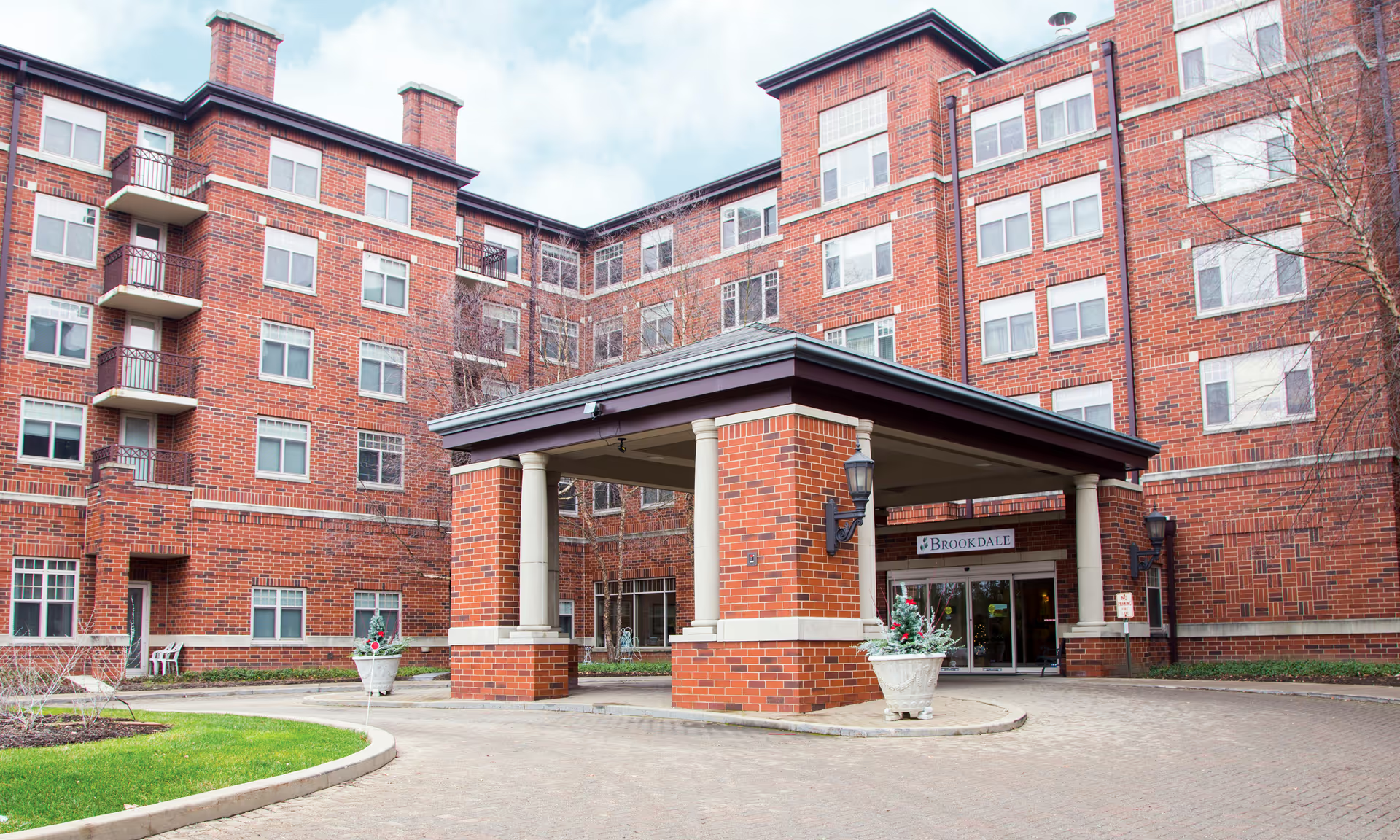Overall sentiment in the provided reviews is mixed-to-negative, with a handful of positive notes about the facility’s initial performance and specialization but multiple serious and recurring concerns that dominate the feedback. Several reviewers indicate that Creekside Manor was “initially ok” and may be suitable as a long-term placement for residents who need specialized care for multiple problems. One reviewer explicitly states there is “good staffing” and that the place is “ok,” suggesting that some families or residents experienced reasonable service early on or in some aspects of care.
However, a substantial portion of the commentary raises severe allegations and consistent themes of decline and risk. Multiple reviewers report issues of dishonesty, theft, and even mentions of “con artists,” which implies trust and financial safety concerns. There are also explicit claims of guardianship abuse and exploitation — allegations that pose serious legal and ethical red flags. These sorts of complaints are reinforced by statements that reports have been filed with Adult Protective Services (APS) and the state licensing/regulatory body (LARA), indicating that reviewers felt compelled to escalate their concerns to outside authorities.
Facility and environmental issues are another major pattern in the reviews. Specific complaints include unsafe housing conditions such as basement mold, and utilities problems like heating failures and air-conditioning being cut off. Descriptions of the facility as a “slumlord” situation point to systemic maintenance neglect rather than isolated incidents. Such environmental problems can directly affect resident health and comfort and, when combined with reported care issues, are particularly troubling.
Care quality and staffing present a conflicted picture. While at least one reviewer commented positively on staffing, other comments describe staff as “burnt out,” and there are mentions of care concerns and residents’ health worsening under the facility’s watch. This suggests variability in care — some staff or shifts may perform adequately while systemic issues (staffing levels, training, management oversight) contribute to inconsistent or poor outcomes. The combination of burnout and maintenance or management problems amplifies the risk of neglect or deteriorating resident health.
Management and oversight are recurring concerns in the reviews. Claims of lying, stealing, guardianship abuse, and the need to involve APS and LARA indicate a lack of trust in facility leadership and potentially serious governance failures. Reviewers’ characterization of the property manager or ownership as acting like a “slumlord” suggests that respondents attribute some of the facility’s problems to cost-cutting, negligence, or misconduct at the management level rather than unavoidable operational challenges.
Notably, reviewers do not provide information about dining, activities, or social programming; those domains are either not mentioned or not prominent in the summaries provided. The absence of commentary on meals and programming means there is insufficient evidence to form conclusions about resident lifestyle or quality-of-life offerings beyond basic care and safety concerns.
In summary, while Creekside Manor has been described by a few reviewers as initially satisfactory and potentially able to handle complex, long-term care needs, the dominant themes are serious and repeated complaints: allegations of theft and dishonesty, claims of guardianship abuse, unsafe and poorly maintained housing (including mold and utility issues), concerns that care has declined and residents’ health has worsened, and instances of staff burnout. Multiple reviewers explicitly warn others not to recommend the facility and report having filed complaints with regulatory or protective agencies. Prospective residents and families should treat the positive remarks cautiously, investigate recent regulatory actions or complaint histories, visit the facility in person, and seek detailed, current information about management response, maintenance remediation, staffing levels, and any official findings from APS or LARA before making placement decisions.







